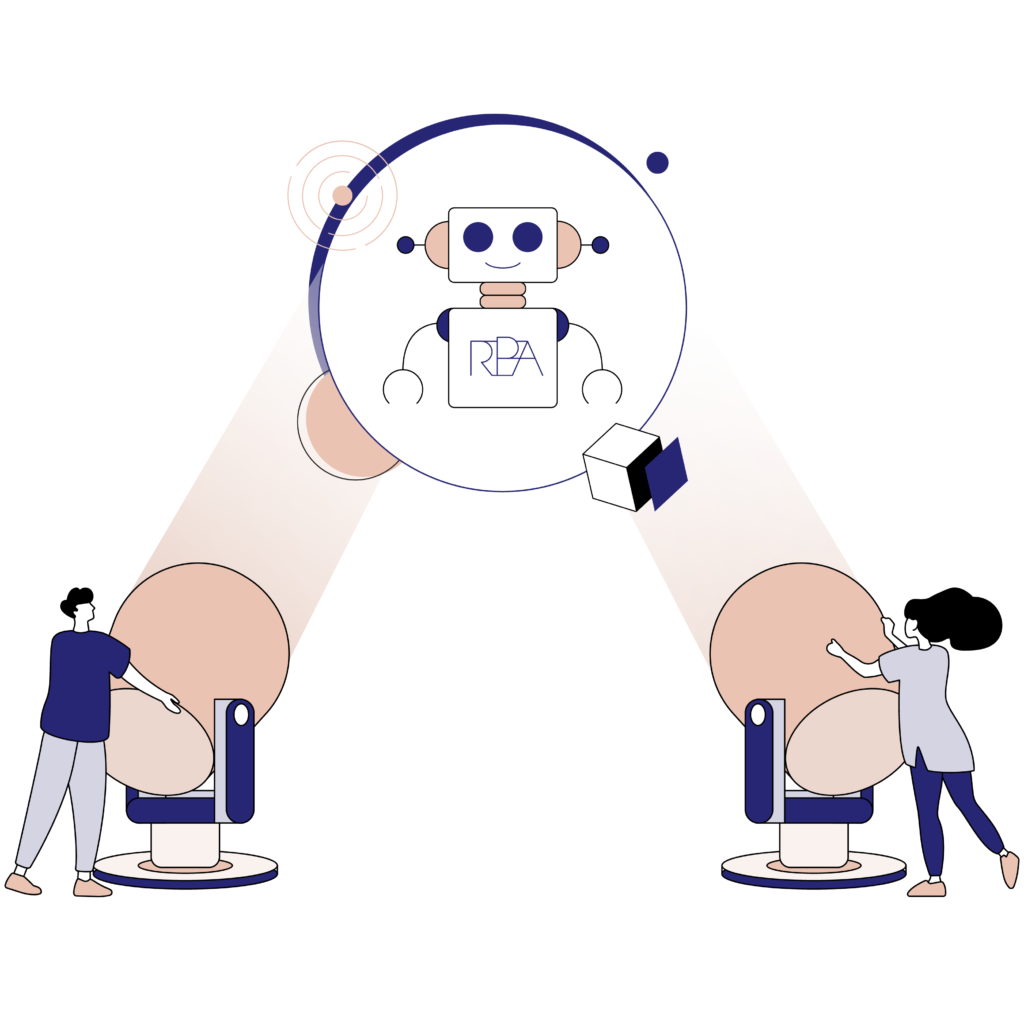A Spotlight by Sergio Galvis, Senior Consultant & RPA Manager at Amaris Consulting
In the 21st century, the concept of ‘work’ has changed and so has the way we perform day-to-day tasks. Together with the rise of artificial intelligence, Robotic Process Automation (RPA) technology has the potential to make business processes smarter and more efficient.
Nowadays, many jobs can benefit from being automated: rather than ‘replacing’ human beings, the aim is to optimize tasks in order to free up time for people to spend on higher value-add tasks. This is how the term “artificial intelligence (AI)” became popular.
What is artificial intelligence?
Defining artificial intelligence has always been a challenge and the subject of much debate. Is it a machine’s ability to solve problems on its own, to learn or even to solve undetected problems? We could adopt a quick definition of AI as a “sub-discipline of the field of computer science that seeks to create machines that can mimic human behavior”. The aim of AI is therefore to take care of low added-value tasks so that us humans can tackle more important and strategic challenges within our organization.
What is the link between artificial intelligence and robotic process automation?
AI, in short, optimizes our work, saving us time (and money!). Similarly, RPA aims to generate automatons that can perform day-to-day repetitive tasks through software. Routine tasks that can take a person hours to complete (such as producing a report) can easily be automated and executed in half the time, which means people can invest their energy and expertise into something more useful and that adds real value to the company.
The capabilities and potential of robotic process automation
RPA started out simply replicating human tasks at a digital level, but thanks to AI its scope and technological potential are growing. AI increases its ability to not only automate, but also ‘understand’ complex processes such as making payments, sending emails, categorizing files, downloading thousands of reports, applying formulas or even reading invoices and handwritten texts. By applying learning models, AI can improve the acceptance rate and understanding of different scenarios every time the robot performs new tasks. AI allows us to take process automation to the next level, where – as we said – it not only mimics the actions being performed but also understands processes, reduces human error rates, makes decisions, organizes inputs, and generates structured outputs as needed by our customers.
The use cases of these technologies are numerous. As such, this article offers just a glimpse into the world of AI, RPA and our capabilities.
At Amaris Consulting, our RPA teams provide a multidimensional approach across different delivery models, different lines of business and a wide variety of sectors where we have already implemented our solutions.
Read more about our capabilities in Business applications & Processes here.


